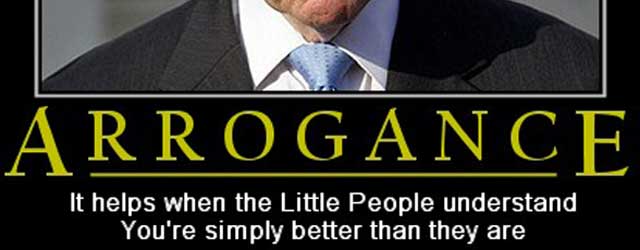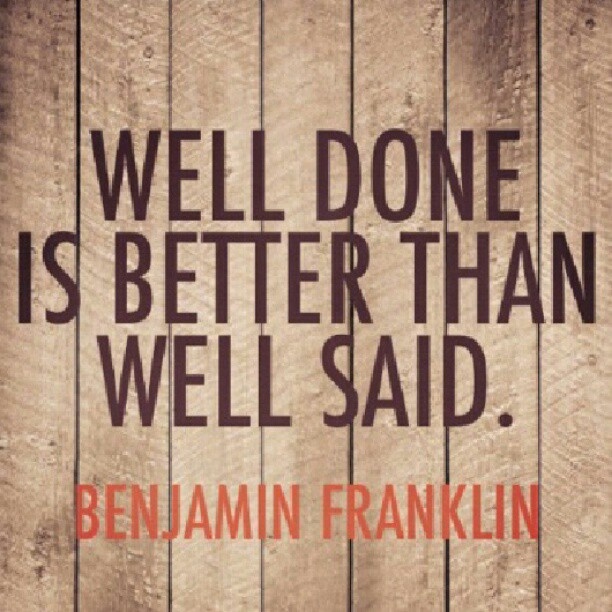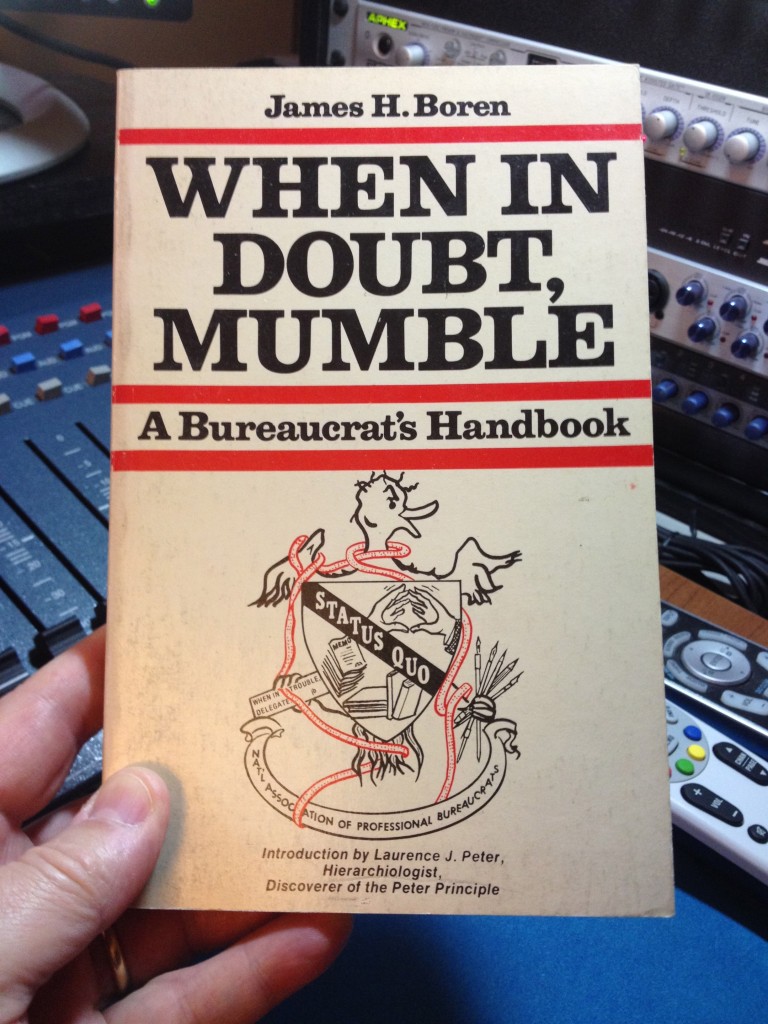“I Taught You Everything You Know!”
Podcast: Play in new window | Download (Duration: 10:49 — 10.3MB)
Subscribe: Apple Podcasts | Spotify | RSS | More
Today’s “quick hit” is 10:49 minutes long.

A student ends up competing with the teacher. The teacher is sore about it, but he shouldn’t be.
Consider the real estate business. A rookie agent goes to work for a broker. Fresh from getting her license she’s got to hang her shingle somewhere to get started. She finds a broker who agrees to take her on, give her a home base from which to operate and some ongoing learning in a hands on environment. Both the agent and the broker are thrilled…at the beginning.
During the first year Susan earned her stripes. She hustled and put forth extraordinary effort. It was clear she was in it for the long haul. Unlike so many other rookies who quit within the first year, she was determined that her career in real estate will be successful right now, and in the future, too.
Lots of hustling on her part and some terrific tutoring from the broker result in first year commissions in excess of $150,000. Yes, it was a year of 7 day work weeks without taking a single day off except when she got the flu for about 3 days. Sundays, weekends, evenings – all hot times for real estate showings meant devotion to her career over her personal life. But that was okay because she knew what she’d have to do to soar as high as possible in year one. The broker, her boss, was very impressed.
She sustained this for the next year and ended up topping out commissions for year two at just over $200,000. Not bad considering that the median income for real estate agents is just over $39,000. In her first two years she figured she had put in almost 6,500 hours (a full time job is 2080 hours a year and includes 2 weeks of vacation). Her 2-year total didn’t include the time she spent reading, studying and doing her best to jump the learning curve.
As she enters year three she’s given a killer opportunity with another broker who specializes in higher end properties. It’s a great opportunity brought about because her hustle has become well known in real estate circles. There’s a reason this other broker is wanting to add her to his team. She decides to make the leap and who could blame her?
Her first boss, that’s who!
He’s so angry he can’t see straight. Like too many bosses he takes it as a personal insult, even though he’d be doing the very same thing if he were in her shoes. But he’s not. He’s in his own shoes and he’s a self-centered, arrogant bully. After she has told him of her decision – which she did face to face in the most respectful way she could – he blew up at her by reminding her of how he took her in when she was a rookie. It was during that rant that he said what too many bosses have said to an employee, “I taught you everything you know!”
For starters, it’s not true. She learned by working her tail off. He taught her so she could earn him the broker’s portion of the commission. She became a rainmaker and earned him lots of money. More money than any other rookie in year one. And more than any other second year agent. Well, to be fair to her work – she earned him more than all the other rookie agents combined because more than half of them didn’t make it a full year before they quit. In year two, she blew away the remaining agents who started when she did. Her boss got his cut. She earned her keep, but he’s working hard to lay as much guilt on her as possible.
It works. She leaves torn up, feeling like a traitor. It wasn’t personal for her, it was simply a professional opportunity she wasn’t going to get by staying put. For her boss, he made it personal and viewed it as a betrayal.
Fortunately, her new boss isn’t like her old one. He’s a terrific mentor with a thriving agency that caters to the rich and famous. He assures her that his relationship with her is professional and that her hard work is why he’s bringing her into his firm. Without saying a word about her old boss, he tells her how excited he is to have her start because he knows she’ll excel. She leaves his office feeling much better. She’s no longer feeling like a traitor, now she’s angry at her old boss because she knows he’s a bully. She also knows he’s wrong.
He didn’t teach her everything. He did teach her some things, but he was also rewarded by her productivity. He only began to teach her some things after she stood head and shoulders above her rookie peers. Her performance caught his attention and garnered more tutoring. Bully or no, he was smart enough to know where he needed to invest some teaching and training.
It’s the classic case of an executive arguing with another executive about the training budget for employees.
Executive 1: “What happens if we invest more in developing our people and then they leave us?”
Executive 2: “What happens if we don’t invest more in developing our people and they stay?”
As they say in New Orleans, “True dat!”
Don’t Be That Guy
If you’re a boss, or any kind of authority figure, do not be insulted when people leave. You must avoid taking it or making it personal. It’s immature, childish and unprofessional.
If you’re not the boss and you find yourself confronted with this type of reaction…well, let’s back up a bit. First, make sure you handle your departure with professionalism and grace. That means you don’t just walk away. Give an appropriate notice. I don’t know your situation, but you know what’s right. Maybe it’s 2 weeks. Maybe it’s longer. Don’t make it shorter. Be aware that you may be asked to leave immediately. Be prepared for that. Financially and emotionally.
Okay, you’ve done the right thing by giving proper notice. Now, the bully hits you with “I can’t believe you’re doing this to me!” Perhaps followed by, “I taught you everything you know.”
Don’t respond with a defensive posture. It won’t help. Zig during the bully’s zag. The more animated and angry he/she gets, the calmer and cooler you should be.
Thank your boss for the opportunity. Don’t be bullied into revealing more than you’d like. Part of the bully tactic may be to find out all they can about where you’re going, especially if you’re staying in the same industry. Resist and pretend you’re a prisoner of war who refuses to give any sensitive information to the enemy. Remain politically correct (it irks me to even write that, but it’s the wise course). Repeat your thanks for the opportunity and express, if you’d like, how disappointed you are that they see this as a personal betrayal because it’s not. It’s simply a professional decision that better suits you right now.
Leave on the best terms possible. Be gracious in your exit. The hard part is protecting your feelings. Don’t be hurt by the bully’s harshness. It’s likely he’d be just as harsh with anybody else sitting there. He takes everything personally when he’s on the receiving end. However, when he’s on the delivering end – perhaps firing an employee – it’s strictly business. Trust me when I tell you, he’s self-centered and has no concerns for you. He’s only thinking of himself in all matters. It’s how he’s made up his mind he’s going to view the world and you’re not going to change that. Do not try!
Walk away as peacefully and quietly as possible. Avoid getting sucked into long, laborious dialogue with the bully. He’ll likely go for that, especially if he doesn’t want you to leave. His goal will be to guilt you into staying, or guilt you into feeling horrible. Keep the conversation brief, on point and cordial (at least on your part).
Be firm that your decision is made (if indeed it is). Be clear that it’s not a ploy to gain any advantage from him. Thank him for the opportunity (do this more than once, but don’t over do it). If you’re allowed to remain throughout the notice period, assure him you’re going to do everything in your power to tie up whatever loose ends remain because you want to leave on the highest note possible.
Then, move on with your life and excel in your new position. Don’t look back. Remember Lot’s wife (she turned into a pillar of salt when she looked back – Gen. 19:26).
“I Taught You Everything You Know!” Read More »
 It’s been years since you studied the
It’s been years since you studied the 







 Even a blind pig can find a truffle every now and then.
Even a blind pig can find a truffle every now and then.